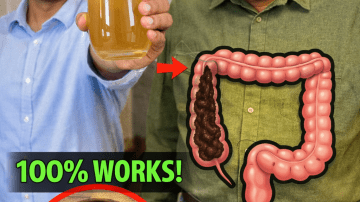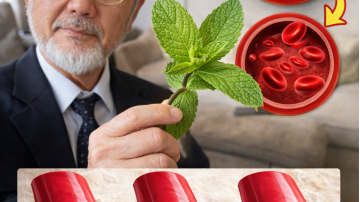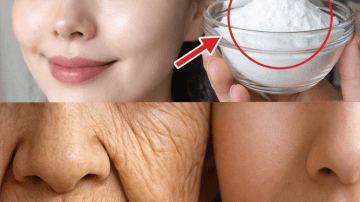Your kidneys are the silent, tireless heroes of your body—a pair of fist-sized organs working 24/7 to filter waste, balance electrolytes, and regulate blood pressure. When these vital organs begin to falter, the resulting condition, Chronic Kidney Disease (CKD), is a master of disguise. The early warning signs are so subtle, so easily dismissed as stress, aging, or minor fatigue, that most people ignore them until the condition is dangerously advanced.
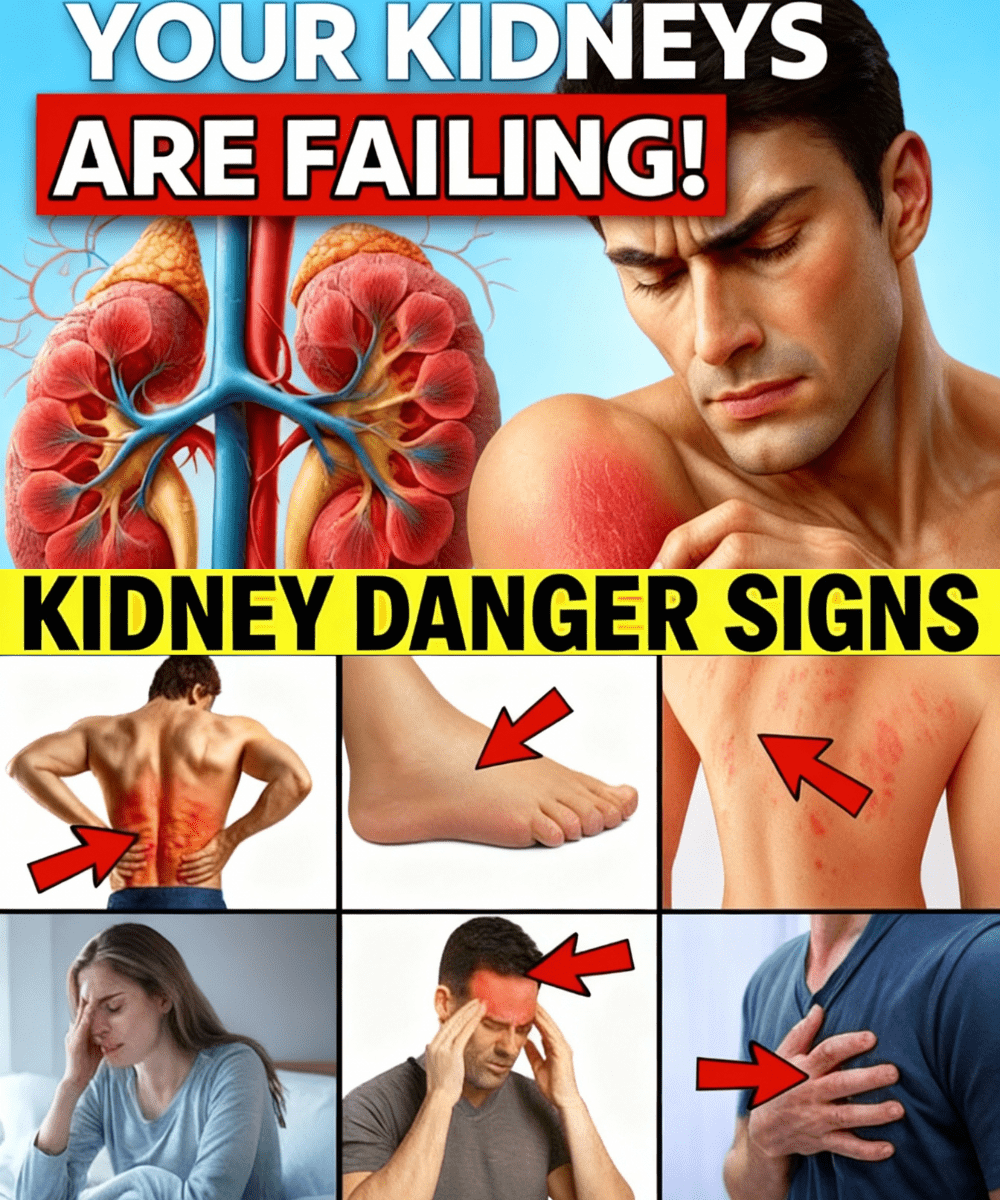
If you are over 40, struggle with diabetes, hypertension, or have a family history of kidney trouble, this awareness is critical. Read on to uncover the 23 bizarre yet critical warning signs your body may be sending. Catching these subtle clues early can mean the difference between managing a condition and facing life-altering complications like dialysis.
🩸 The Systemic Breakdown: Why Kidneys Affect the Entire Body
When the kidneys fail to filter blood efficiently, toxins, fluid, and waste products accumulate, causing a systemic disruption known as uremia. This toxic overload affects everything from your brain and nerves to your skin and blood, triggering symptoms in unexpected places.
🚩 23 Early Warning Signs of Kidney Dysfunction
Part 1: Visible Changes in Fluid and Waste
- 🫧 Foamy or Bubbly Urine: This is a key visual sign of protein leakage (proteinuria). Healthy kidneys keep protein in your blood; if the foam lingers like a persistent head on a beer, it signals kidney damage.
- 🦶 Swollen Ankles, Feet, and Legs: Puffy lower extremities (edema) occur because failing kidneys cannot remove excess fluid and salt, causing severe water retention.
- 👁️ Puffy Eyes in the Morning: Protein loss in the urine lowers the protein content in the blood, causing fluid to pool in the soft tissue around the eyes and face upon waking.
- 💧 Swelling Makes Clothes Tighter: Even without weight gain, the insidious fluid buildup can cause clothes and rings to feel snug—a subtle but significant warning.
- 🎨 Cola-Colored or Bloody Urine: If your urine is dark brown, red, or tea-colored, it could indicate blood, severe dehydration, or damaged kidney filters. This requires immediate medical attention.
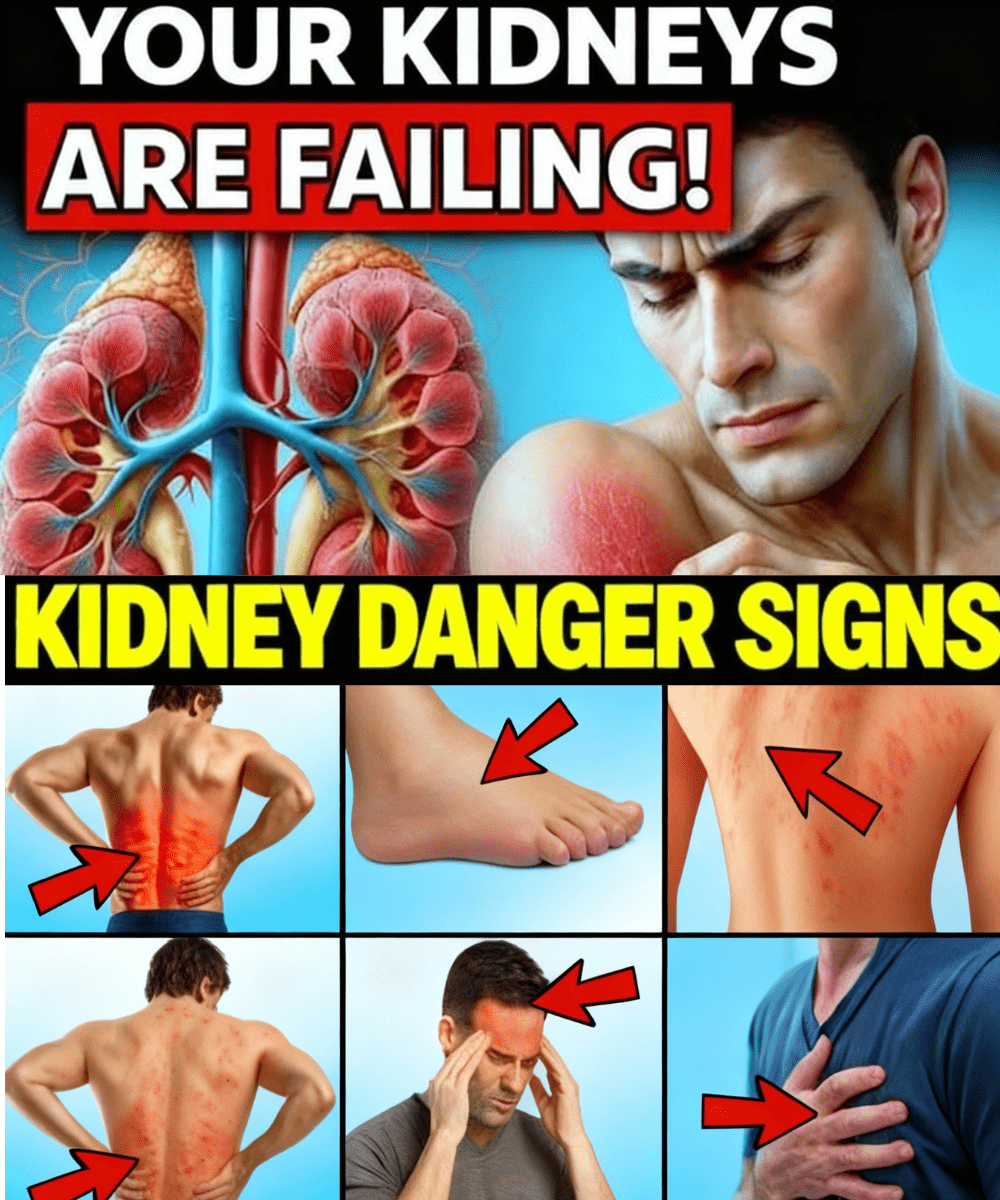
Part 2: Digestive, Metabolic, and Energy Decline
- 😴 Relentless Fatigue and Weakness: The primary symptom. Toxin buildup in the blood and anemia (due to reduced production of the hormone erythropoietin) leave you profoundly exhausted and sluggish.
- 🌙 Waking Up to Pee—Again and Again: Frequent nighttime urination (Nocturia) is often an early sign that the kidneys are struggling to concentrate urine properly.
- 🤮 Unexplained Nausea or Vomiting: Waste products accumulating in the bloodstream trigger constant nausea and a general feeling of being unwell, even without food poisoning.
- 🍽️ Loss of Appetite: Waste buildup affects taste buds and digestive function, leading to food tasting “off” and a persistent loss of appetite.
- ⬇️ Unexplained Weight Loss: A severe symptom, often driven by the combination of chronic nausea, poor appetite, and the body’s inability to absorb nutrients properly.
Part 3: Skin, Nerves, and Mental Fog
- ** Dry, Itchy Skin That Won’t Quit:** Kidney failure disrupts the balance of minerals (leading to high phosphorus/low calcium). This accumulation causes persistent, unbearable itchiness (pruritus) and severe dryness.
- 🧠 Brain Fog and Trouble Focusing: Toxins building up in the blood can cross the blood-brain barrier, affecting neurological function and causing confusion, memory lapses, and severe mental cloudiness.
- 👃 Metallic Taste in Your Mouth: Toxin buildup causes an unpleasant, distinct metallic or ammonia-like taste (uremia) that no amount of brushing can mask.
- 🤢 Bad Breath That Isn’t Dental: Persistent breath that smells faintly of ammonia is a sign the body is attempting to excrete urea through the breath.
- 🥶 Always Feeling Cold: Anemia, caused by low EPO production from the kidneys, reduces the body’s ability to generate and maintain warmth, leaving you perpetually chilled.
- 🦵 Muscle Cramps, Especially at Night: Electrolyte imbalances (especially low calcium and high potassium) are common in kidney disease and can trigger painful muscle spasms and twitching.
- 👣 Trouble Sleeping or Restless Legs: Toxin accumulation affects the nervous system, leading to insomnia, restless legs syndrome, and fragmented sleep cycles.
Part 4: Structural and Vascular Warnings
- 🩺 Stubborn High Blood Pressure: The kidneys are vital in regulating blood pressure. High blood pressure that is difficult to control with medication is a strong sign the kidneys are struggling, creating a dangerous cycle.
- 🕷️ Spider-like Blood Vessels on Skin: The appearance of tiny, visible, spider-shaped blood vessels (spider angiomas) on the face, chest, or arms can be linked to hormone imbalances caused by liver and kidney dysfunction.
- 🌬️ Shortness of Breath Without Exertion: Fluid buildup in the lungs (pulmonary edema) due to kidney failure can make you feel winded, even during light activity.
- 🩸 Cola-Colored or Bloody Urine: A serious sign indicating potentially severe damage or infection.
- 🤕 Pain in Your Back or Sides: A dull, persistent ache in the flank area (below the ribs, on the side of the spine) can be referred pain from kidney inflammation, infection, or stones.
- 🧊 Craving Ice or Strange Non-Food Items (Pica): This bizarre symptom is often a sign of severe iron-deficiency anemia, which is a common consequence of kidney disease.
🛑 Call to Action: Your Health Depends on Early Intervention
Kidney disease is a quiet predator, and recognizing these subtle symptoms is the most powerful tool you have to fight back.
If you recognize two or more of these persistent signs, do not panic—but do not wait.
Immediate Action Plan:
- Schedule a Kidney Function Test: Ask your doctor for the basic screening tests: Serum Creatinine to calculate your Glomerular Filtration Rate (GFR) and a Urine Albumin-to-Creatinine Ratio (UACR) to check for protein leakage.
- Monitor Your Numbers: Keep close tabs on your Blood Pressure and Blood Sugar, as managing these two conditions is the leading way to protect your kidneys.
- Lifestyle Intervention: Reduce sodium (salt) intake, stay adequately hydrated, and follow a balanced, kidney-friendly diet.
Takeaway: Your kidneys are working overtime for you. Listen to their subtle whispers, act quickly, and you could prevent a major health crisis.



